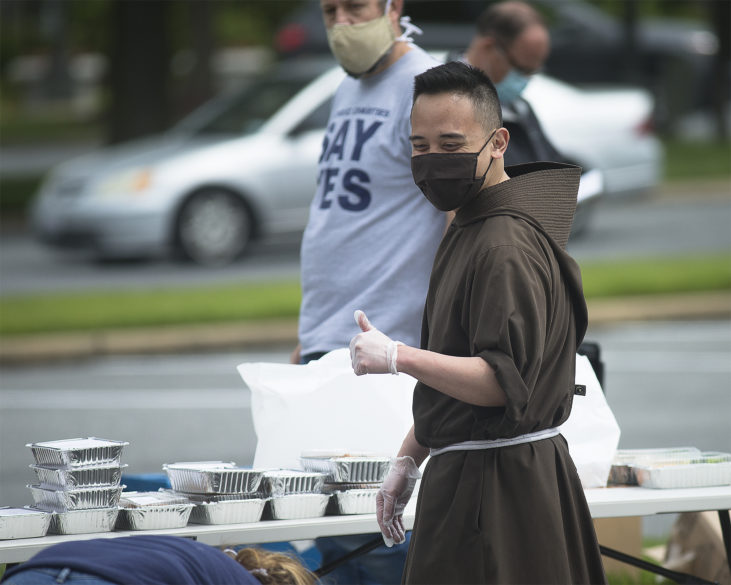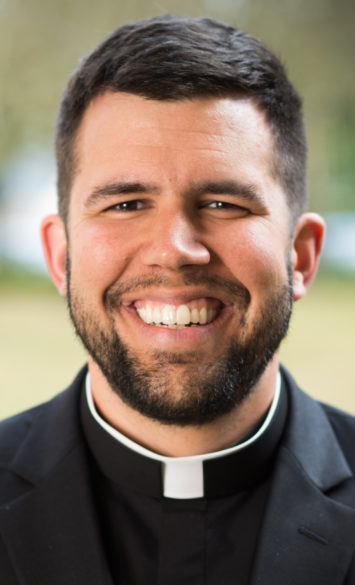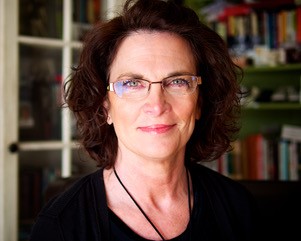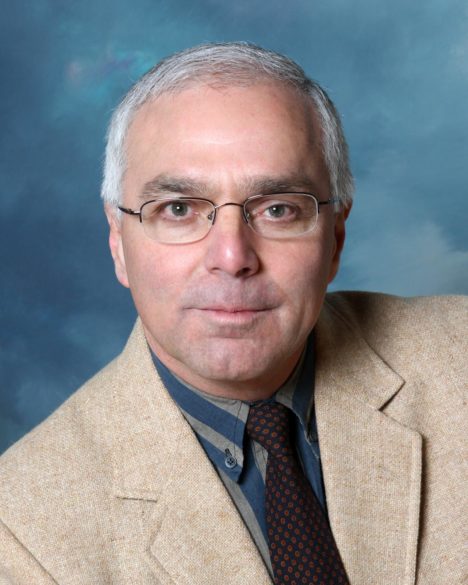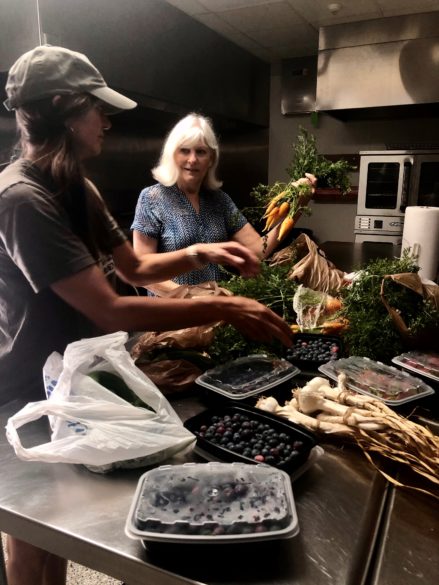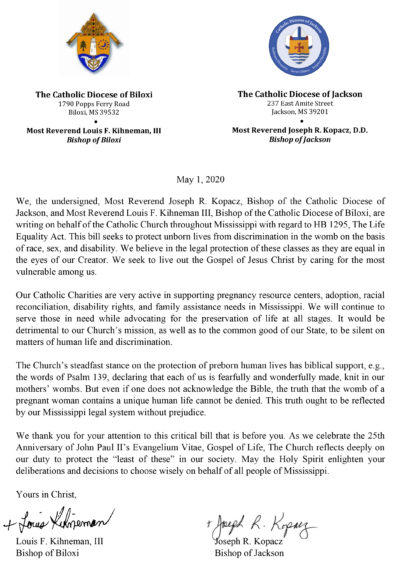In other words, how we pray establishes what
we believe and determines how we are to live.
Worship, belief and life are to be a seamless
garment, not a torn fabric.
By Bishop Joseph Kopacz
“You are indeed holy, O Lord, and all you have created rightly gives you praise, for through your Son, our Lord Jesus Christ, and through the power and working of the Holy Spirit, you give life to all things and make them holy, and you never cease to gather a people to yourself so that from the rising of the son to its setting a pure sacrifice may be offered to your name.”
This splendid prayer of praise is the opening section of the third Eucharistic prayer which is overflowing with our beliefs, our worship, our posture before God’s marvelous creation and the solidarity among all nations and peoples. It truly is an amazing expression of who we are and whose we are as a people of faith.

On Pentecost Sunday last weekend, we proclaimed from God’s Word “the power and working of the Holy Spirit” to the 11 apostles, upon the 120 gathered in the upper room and in the church through manifold gifts, ministries and works. This weekend we proclaim the mystery of the Most Holy Trinity, Father, Son and Holy Spirit, our God of the alive in the handiwork of creation and in the design of salvation. All of our Eucharistic prayers at Mass are in thanksgiving for God’s creative and redeeming love “as it was in the beginning, is now, and will be forever. Amen.”
“From the rising of the sun to its setting a pure sacrifice may be offered to your name,” invites us to recall always that the Gospel has indeed gone out to all the nations, the promise of Pentecost, and the church is reborn and renewed each day around the world through this pure sacrifice of the Mass brought about “through your Son, our Lord, Jesus Christ.” The feasts of Pentecost, the Most Holy Trinity, and Corpus Christi flow seamlessly from the same fountain of God’s mercy.
“Lex orandi, lex credendi, lex vivendi” is a fundamental truth regarding our relationship with God, one another and the world in which we live. The Latin phrase is literally translated, the law of praying, the law of believing, the law of living. In other words, how we pray establishes what we believe and determines how we are to live. Worship, belief and life are to be a seamless garment, not a torn fabric. As we cautiously respond to the pandemic in our public liturgical gatherings, let us not overlook what the opening section of the third Eucharistic prayer is proclaiming. “All you have created rightly gives you praise” and “you give life to all things and make them holy.”
On May 24, 2015 Pope Francis, following upon this first encyclical, Evangelii Guadium, The Joy of the Gospel, gave to the church and the world the gift of Laudato Si, in praise of creation and our responsibility to care for our common home.
By far, knocking out the pandemic is our most pressing world-wide challenge, but we must not lose sight of the urgent need to foster integral human development on behalf of the planet and the poor. From section ten in this amazing document, we get a glimpse into the passion of Pope Francis. “I do not want to write this Encyclical without turning to that attractive and compelling figure, whose name I took as my guide and inspiration when I was elected Bishop of Rome. I believe that Saint Francis is the example par excellence of care for the vulnerable and of an integral ecology lived out joyfully and authentically. He is the patron saint of all who study and work in the area of ecology, and he is also much loved by non-Christians. He was particularly concerned with God’s creation and for the poor and the outcast. He loved, and was deeply loved for his joy, his generous self-giving, his openheartedness. He was a mystic and a pilgrim who lived in simplicity and in wonderful harmony with God, with others, with nature and with himself. He shows us just how inseparable the bond is between concern for nature, concern for the poor, commitment to society and interior peace.” On the fifth anniversary of this landmark encyclical may our worship inspire us to raise up God’s creation and the most vulnerable.
“From the rising of the sun to its setting a pure sacrifice may be offered to your name,” is our commitment as a universal church to proclaim the gospel and make disciples of all the nations. This mission must rest upon a profound respect for the dignity of all peoples, their culture, traditions and way of life. This vision must also be incarnated in our marvelous melting pot of a nation, our own United States who in the moment is plagued once again by our original sin of racism. Recently, (2018) the United States Conference of Catholic Bishops published a precious document entitled “Open Wide our Hearts – The Enduring Call to Love: A Pastoral Letter Against Racism.” The unrest, violence and destruction that currently rages across America demonstrates the sad relevance of this document. Just last week the USCCB issued a statement decrying the injustice of racially motivated violence against people of color in our nation. (This statement is included in this edition of the paper on page 6.) Liberty and justice for all is embedded in our nation’s founding vision.
Laudato Si and Open Wide our Hearts are well grounded in our identity as Catholics who embrace “lex orandi, lex creyendi et lex vivendi.” “You are indeed, holy, O Lord.”
From the feast of Pentecost I conclude with the ardent prayer of St. Augustine that we might make it our own for daily worship and living. “Breathe on me, O Holy Spirit, that my thoughts may be holy. Act in me that my work also may be holy. Draw my heart that my love may be holy. Strengthen me, O Holy Spirit that I may defend all that is holy. Guard me, O Holy Spirit, that I may always be holy.”


